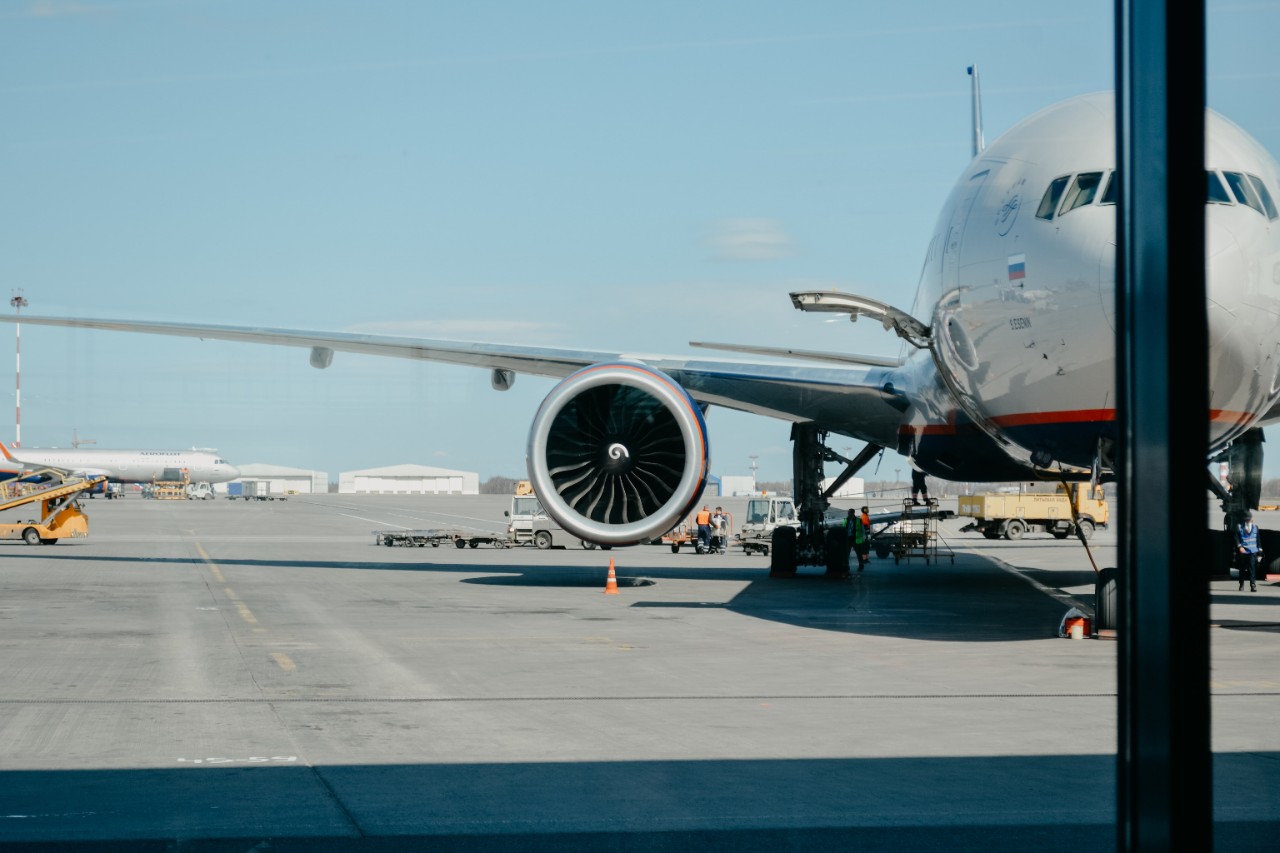
WVXU: CVG is using AI to predict passenger movement
UC engineering student created system to predict surges in visitors to terminal
WVXU highlighted a research project by Cincinnati/Northern Kentucky International Airport and the University of Cincinnati that uses AI to predict when more or less people will arrive.
UC College of Engineering and Applied Science doctoral student Javier Viaña used airport technology that identifies the number of people entering the terminals to build a custom algorithm that can help the airport predict surges of travelers in 15-minute increments.
This information could help the Transportation Security Administration anticipate when to open new lines, Viaña said.
Airports already know how many passengers to expect from flight reservations. But Viaña said that doesn’t tell them how many people to expect in a terminal at any given time.
His algorithm more precisely predicts how many people will filter through check-in and security in 15-minute intervals, Viaña said.
"The important thing here is to work with algorithms that are called 'noise resilient,' which means we are able to work when there is noise in the data or even big uncertainty," Viaña told WVXU.
Featured image at top: An airplane on a tarmac. University of Cincinnati engineering student Javier Viaña is using AI to help airports predict surges in foot traffic. Photo/Iwan Shimko/Unsplash

UC College of Engineering and Applied Science student Javier Viaña developed an algorithm to help Cincinnati/Northern Kentucky International Airport predict increases in arriving visitors. Photo/Andrew Higley/UC Creative + Brand
Related Stories
Inflammation, not symptoms, found to disrupt sleep in IBD...
July 9, 2025
Impaired sleep architecture in inflammatory bowel disease (IBD) is primarily driven by inflammatory activity rather than symptomatic flares as previously thought, according to a study published in Clinical Gastroenterology and Hepatology. Sleep architecture is the structural organization of a normal sleep cycle, encompassing the progression and distribution of different stages of sleep throughout a typical night’s rest.
Study traces evolutionary origins of an important enzyme complex
July 9, 2025
MSN highlighted University of Cincinnati Cancer Center research published in Nature Communications that traced the evolutionary origins of the PRPS enzyme complex and learned more about how this complex functions and influences cellular biochemistry.
Veterans urge mindfulness with fireworks
July 8, 2025
Spectrum News 1 and WCPO coverage of UC Veterans Programs & Services in conjunction with Independence Day. Interviews with UC's program director Terence Harrison and veteran-student Crystal Merino.
